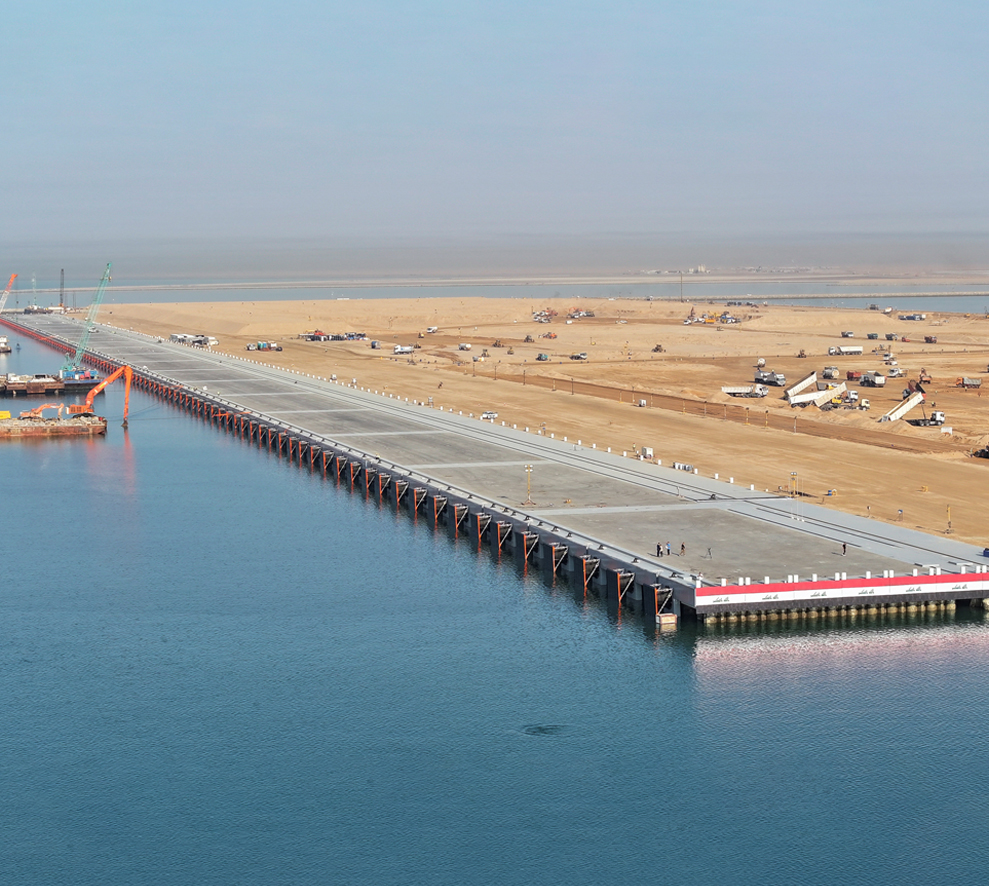Analyses
Regional Trends
The Syrian-Iraqi Border: Reshaping the Geopolitical Space of the Middle East
International and Global Trends
Real clear world: A former terrorist inside the white house
International and Global Trends
NYT: The President and A Former Terrorist Meet at the White House
Arab policy
The Syrian Unity Predicament: Files of Sovereignty, Security, and the Kurdish Issue
The Palestinian–Israeli Conflict
Trump’s Plan: Second Phase Scenarios
Filter by:
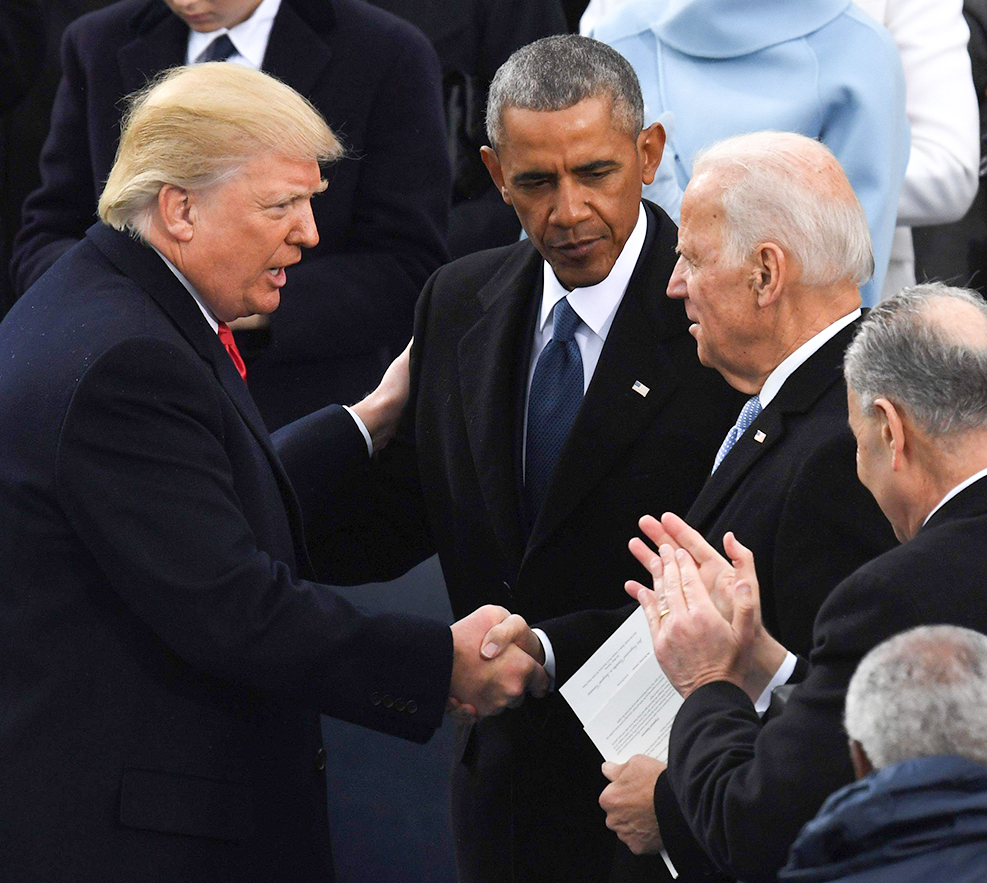
Washington and the faltering transition to power
Despite the results’ announcement, the controversy over the US presidential elections is still going on, as uncertainty and haziness prevail in a scene fairly open to all options including political, or even security, escalation.
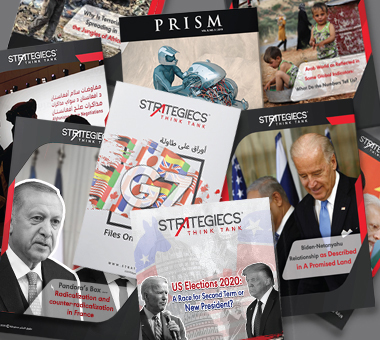
STRATEGIECS in 2020: A Research in the Chaos of News and Events
A truly exceptional year! Significant events have been breaking out concurrently to the field of international relations with its various ramifications, obliging research centers to immediately and appropriately respond to the accelerating changes, for the sake of reflecting their complexity and the impacts of their interactions in the near term at best. This article sheds light on STRATEGIECS experience in 2020, in terms of challenges and achievements brought about in the midst of an atmosphere of anticipation, monitoring and analysis.
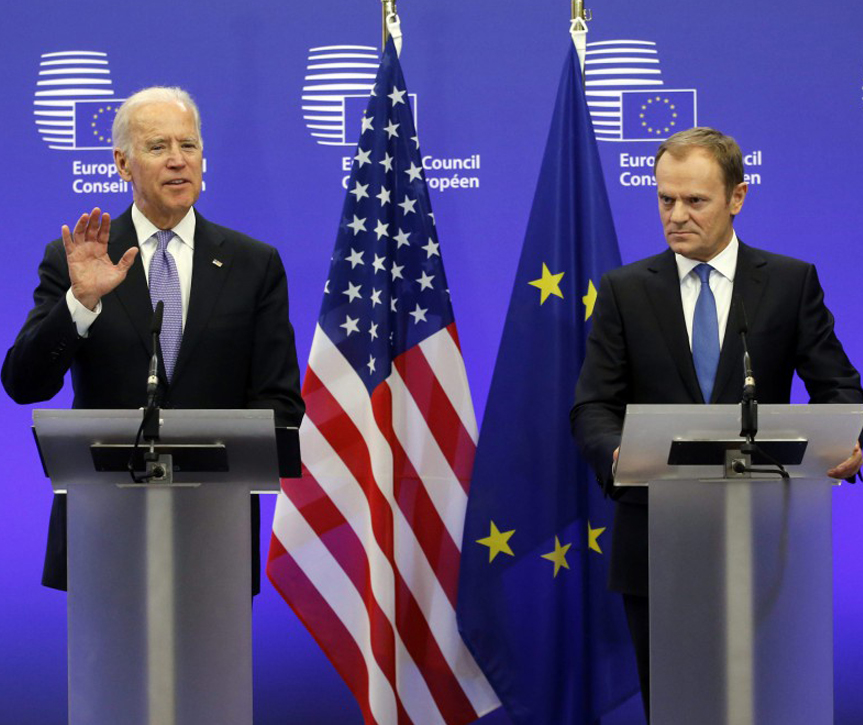
Between Allies and Adversities: What Does Biden's Victory Imply?
Joe Biden never stopped stressing – ever since he was still a candidate – his promises to put the United States back on the global arena, rehabilitate relations with allies and curb competitors, in a time where the whole world is observing this traditional American discourse welcoming and anticipating. This material studies the shape of foreign affairs that will be adopted by the newly elected president, it also seeks to answer an important question: what are the variables and invariables that we will witness in policies compared to those of the outgoing president Donald Trump?

Arab World as Reflected in Some Global Indicators: What Do the Numbers Tell Us?
Looking at several and comprehensive indexes offers a broad perception of the ranking of any state or region to the entire world. This is done by measuring the dynamic changes in the fields of development, economics, local politics, security, and peace. Accordingly, this article introduces a wider perspective of the situation of Arab countries in a number of selected global indexes.
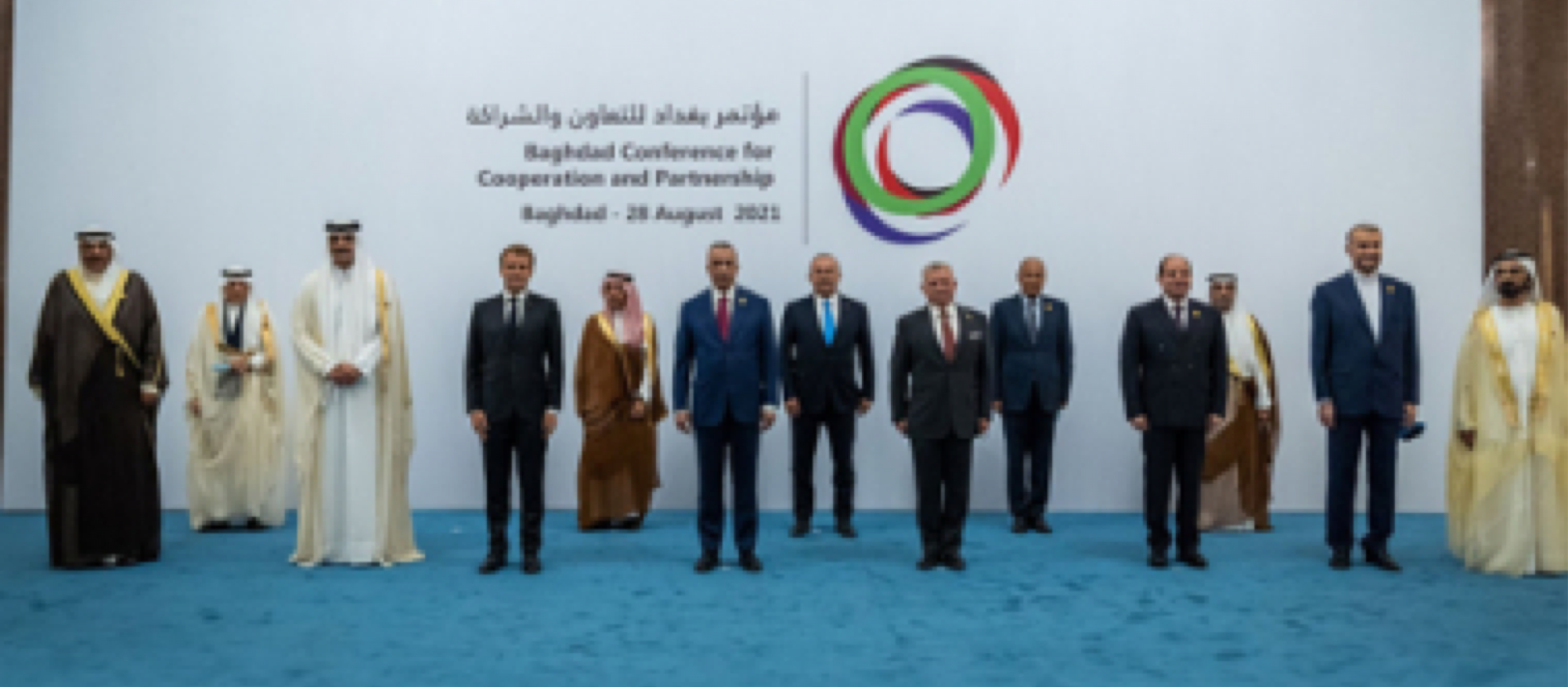
Advertising space title
Description of the advertising space. Upon the client’s initial approval of the design, this text will be removed.
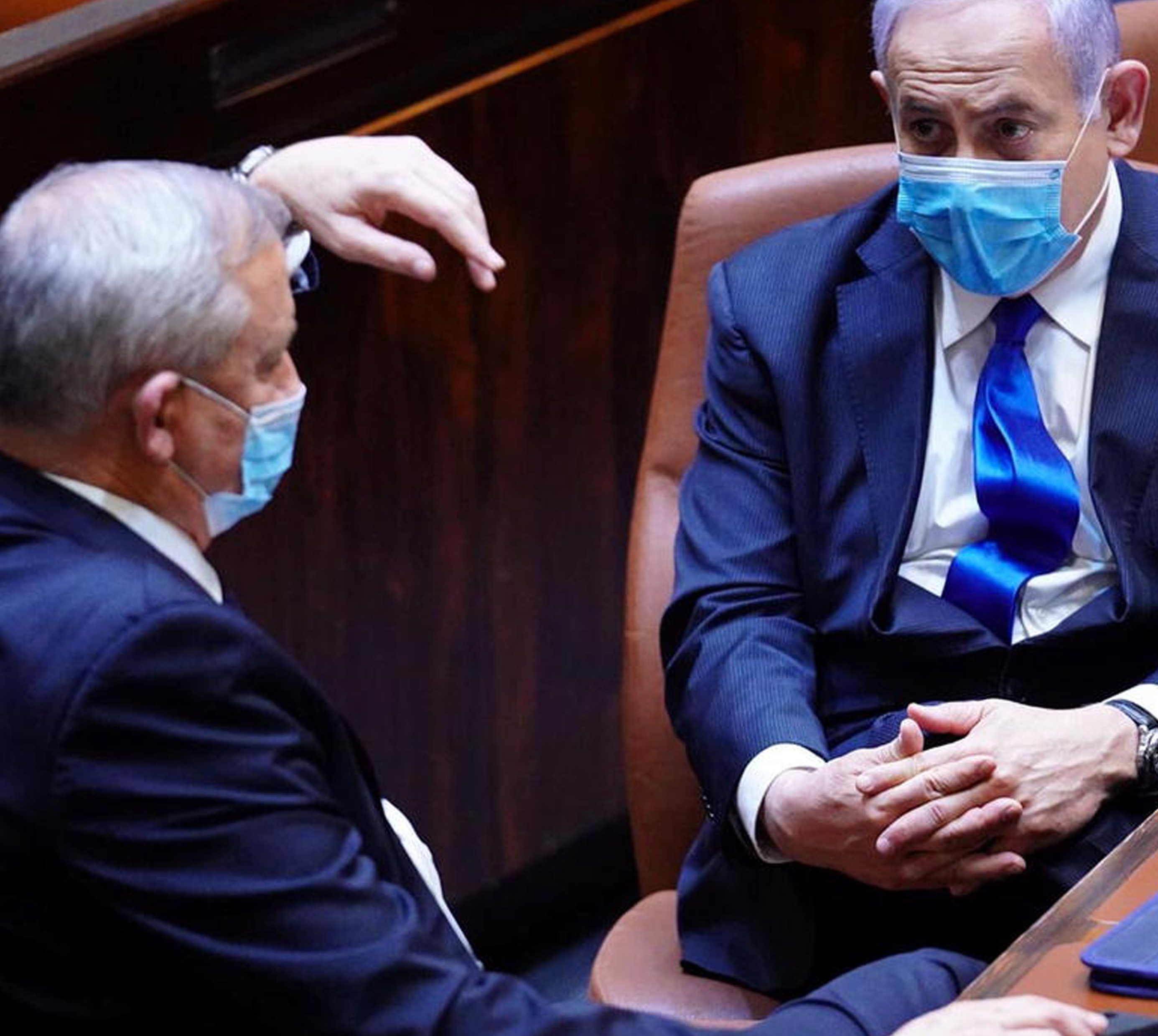
Endless Political Crises In Tel Aviv
The political crisis in Israel is deepening due to the sharp disagreements between the poles of the coalition government. What are the options before the main political powers in Tel Aviv? How did the Israeli political scene get to such level of complexity in the first place?
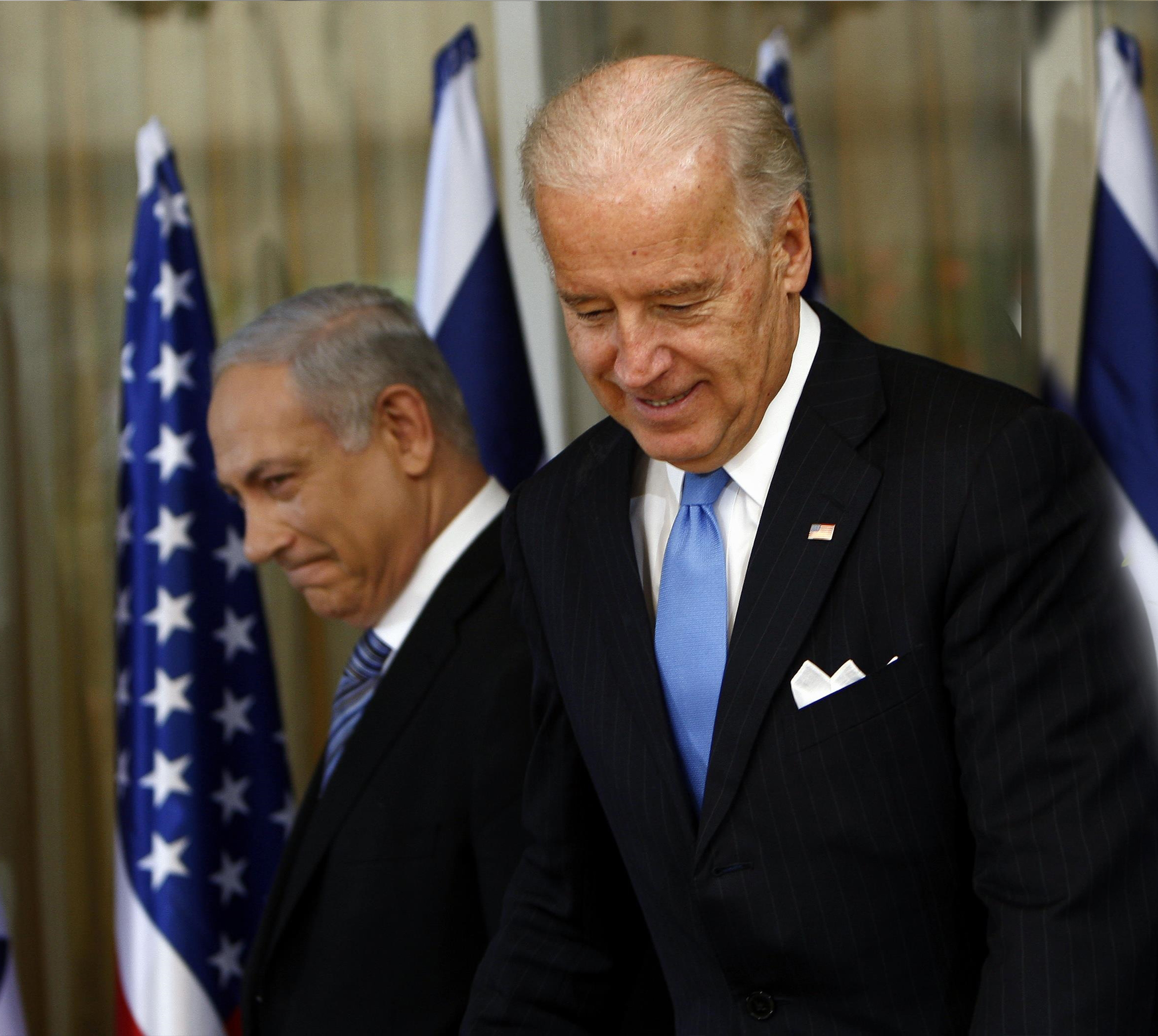
Biden-Netanyahu Relationship as Described in A "Promised Land"
This article tackles the nature of the relationship between US President-elect, Joe Biden, and Israeli Prime Minister, Benjamin Netanyahu, in light of the presidential memoirs of Barack Obama, A Promised Land, in which he narrates the most prominent stations of his life and devotes a good deal of space to speak about the Biden-Netanyahu relationship based on his involvement with the latter.
.jpg-h%D8%A7%D9%88%D8%B1%D8%A7%D9%82-%D8%A7%D9%81%D8%BA%D8%A7%D9%86%D8%B3%D8%AA%D8%A7%D9%86.jpg)
"The Afghanistan Papers" and the future's peace with Taliban
The Afghan situation may be less ambiguous. What the Taliban wants from Washington regarding the withdrawal of its forces has been agreed upon and a timeframe has been set for it.
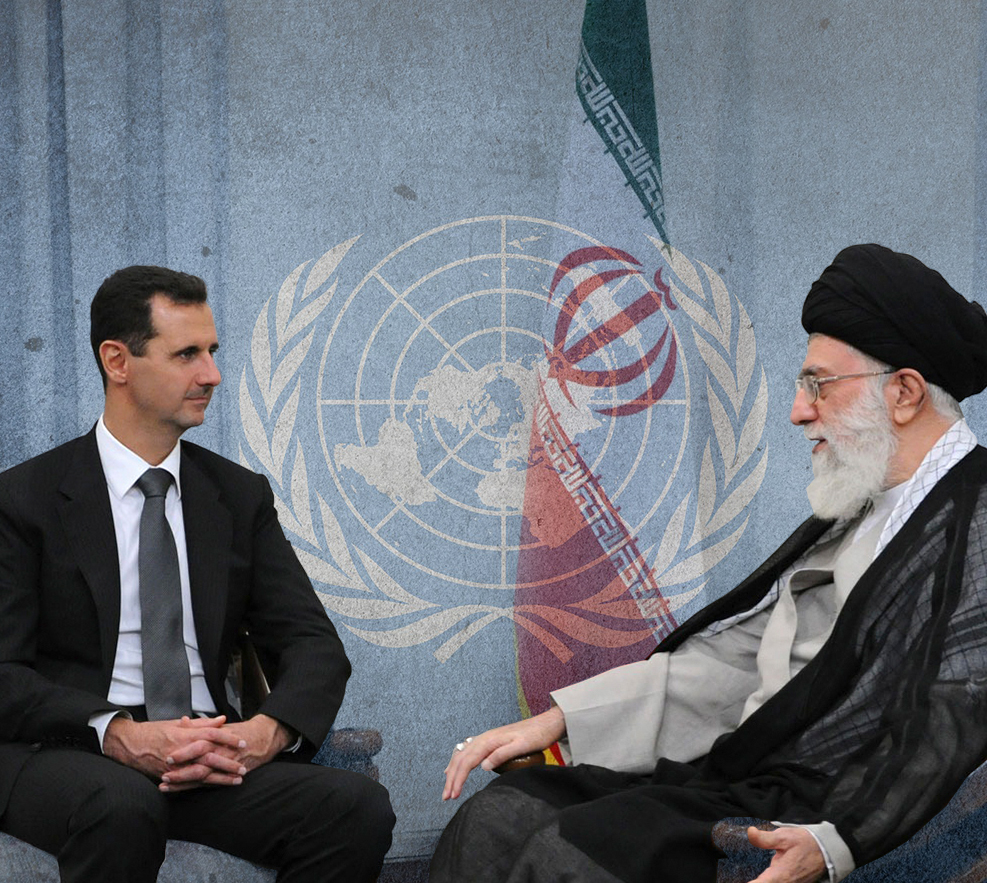
The West and the Syrian-Iranian alliance: a card that should be played
I believe it is necessary to emphasize that dealing with Syria should be different to dealing with Iran. Syria does not have an expansionist project in the region, and should not be punished for opposing Israel which still occupies Syrian territories and Damascus has not yet found any just proposals to motivate it to choose peace.
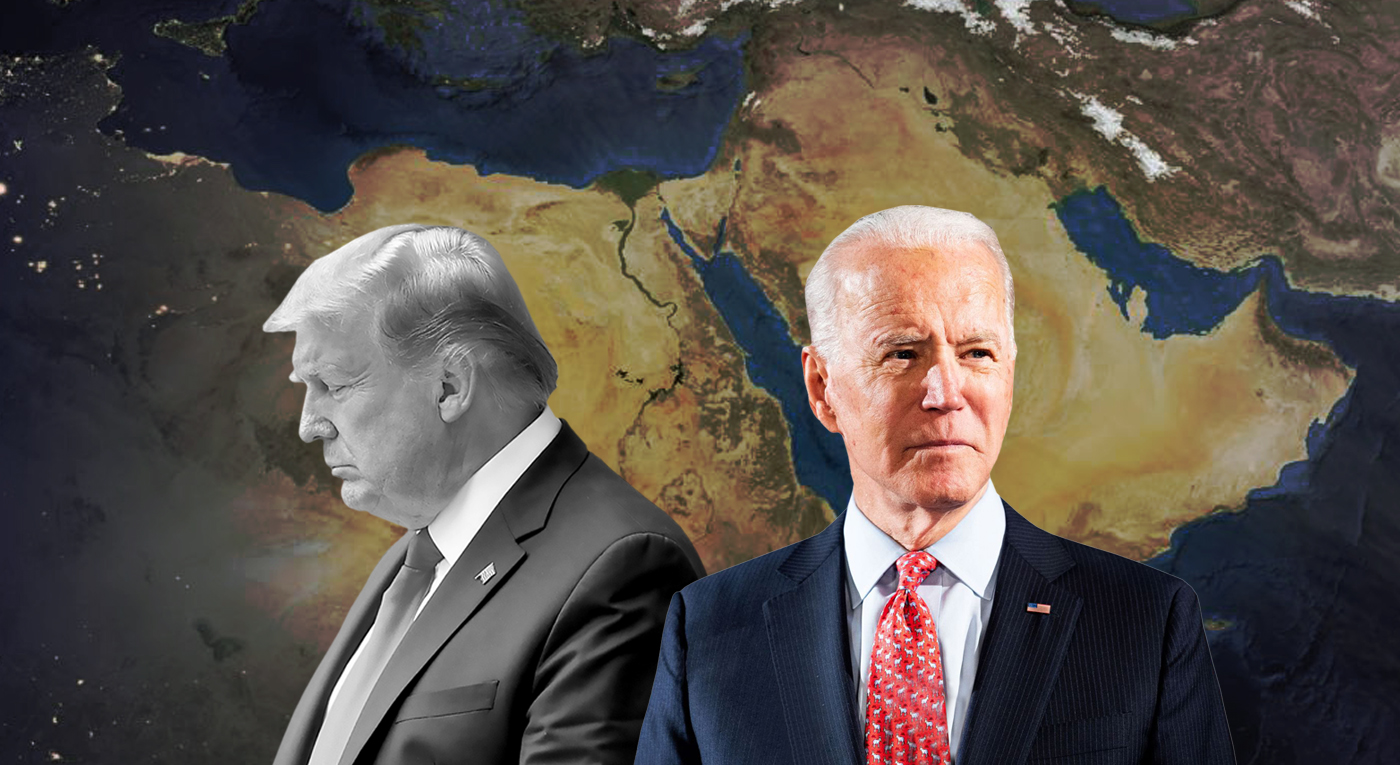
Gifts and Inheritance: The Middle East from Trump to Biden
Biden's success in the Middle East depends on building on what has been achieved, namely by accepting the "gifts" of the previous administration in Iran and in the peace process, while breaking the deadlocks of its "inheritances" in places such as Turkey and Syria.
